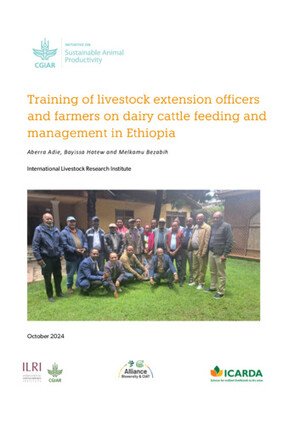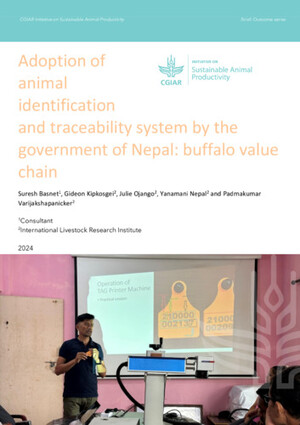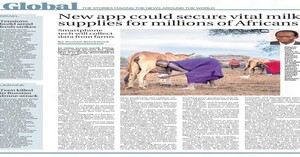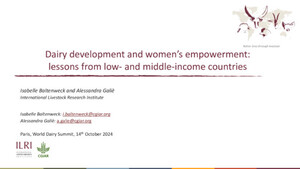
Drivers of scale and sustainability of food safety interventions in informal markets: Lessons from the Tanzanian dairy sector
Abstract
Food safety is critical but poorly addressed in African countries. A food safety training and certification intervention piloted in Kenya, India, Tanzania, and Nigeria was scaled and sustained in India but not the African countries. There is limited knowledge about how contextual factors facilitated or limited the scale and sustainability of the intervention in African countries. This research analysed the reach and contextual drivers of scale and sustainability of the intervention in Tanzania’s informal dairy sector four years post-implementation to draw lessons around the scale and sustainability of such interventions in African contexts. We utilized a convergence mixed method study design. We compiled data using document review, surveys with dairy traders, and key informant interviews with key dairy stakeholders. The intervention reach was limited. Critical incentives for traders and intervention implementers to engage with the intervention were lacking due to the absence of government commitment to support the intervention through policy. The traders and intervention implementers also lacked adequate capacities, compromising intervention delivery. For the intervention to achieve scale and sustainability in Tanzania and similar contexts, governments must be committed to food safety and provide enabling policy environments. The interventions must also consider the capacities of the beneficiaries and implementers.
Citation
Kinyua, C. and Thebe, V. 2023. Drivers of scale and sustainability of food safety interventions in informal markets: Lessons from the Tanzanian dairy sector. Sustainability 15(17): 13067.










